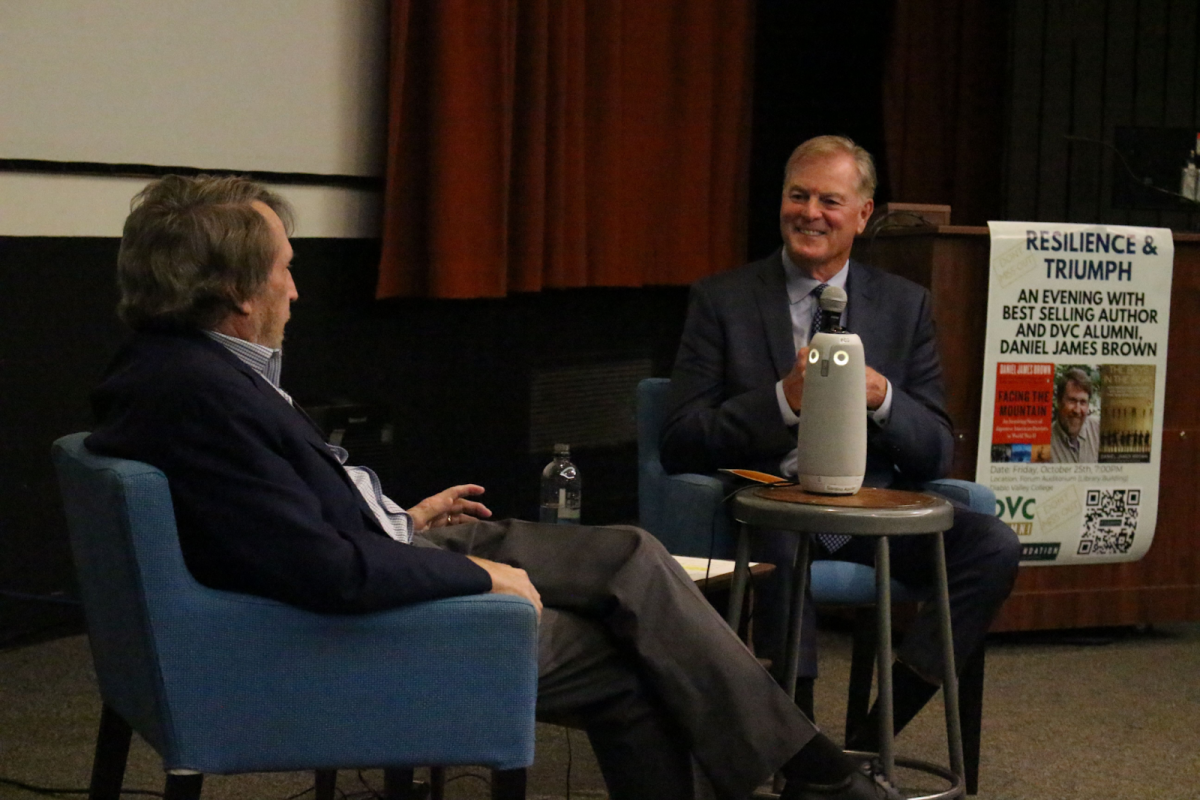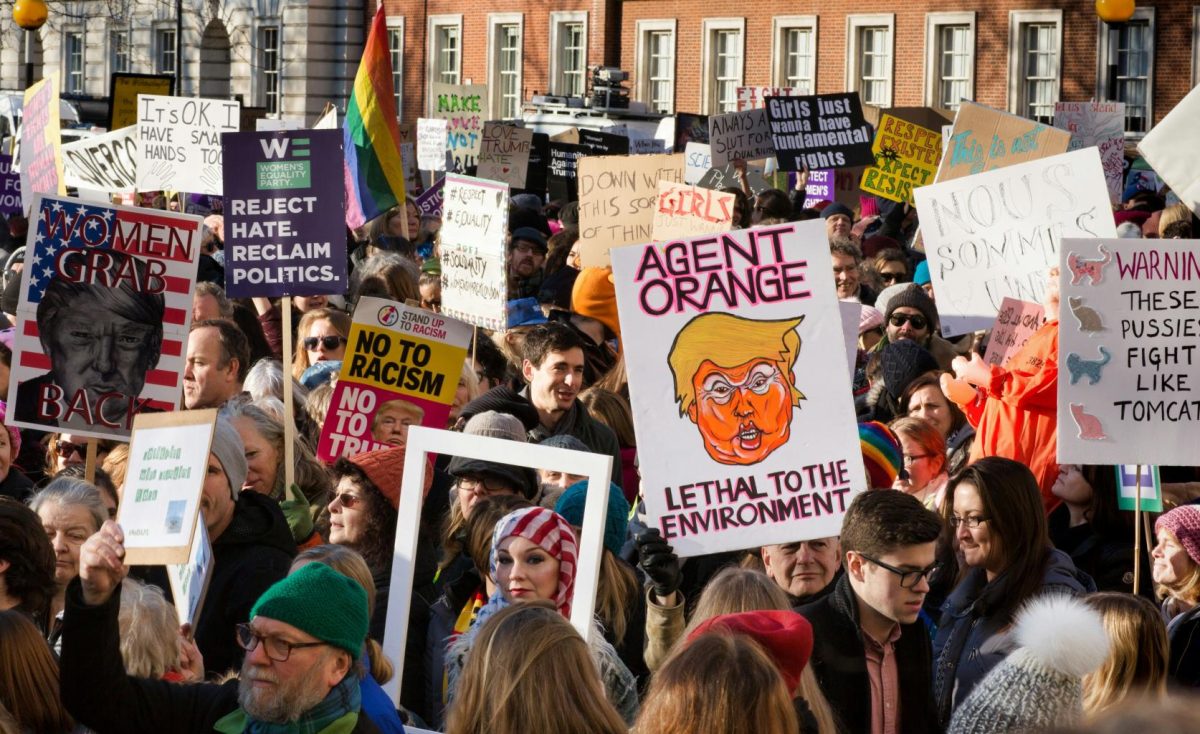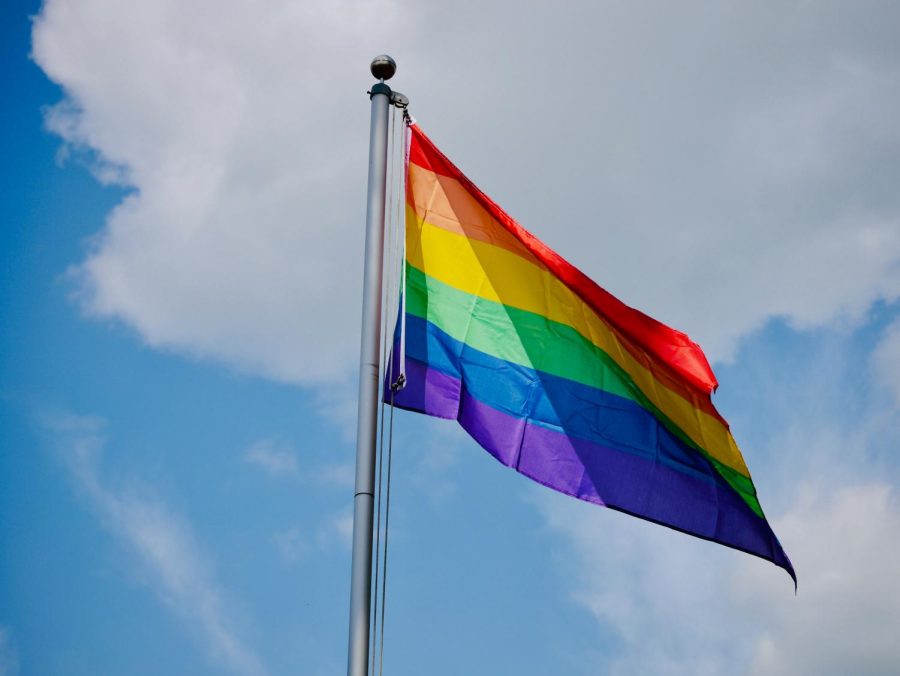Pride Alliance Calls Out ‘Harmful’ Requirements for Trans Athletes
Photo by Sophie Emeny on Unsplash
As a transgender male, Chris Cakus, a freshman at Diablo Valley College, labored to fill out the identity and medical forms required by the California Community College Athletic Association (CCCAA) for transgender athletes. He found the process demoralizing.
“I’ve dedicated my whole life to softball, the thing that brings me joy, and now they’re telling me I can’t play,” Cakus said.
Dorian Eidhin, chair of the English Department and one of numerous DVC faculty members working with the school’s LGBTQ+ club Pride Alliance, objected to the extensive demands being put on trans gender athletes.
He said a particular policy in the CCCAA Constitution and Bylaws “is asking trans athletes to ‘declare’ themselves and go through a process we think is harmful,” Eidhin said.
“This policy asks trans-identified student athletes to subject themselves to an extra layer of screening that nobody else has to be subjected to.”
The Pride Alliance is now seeking to remove this process that its members say unfairly and frequently targets trans people. According to the bylaw, students must fill out a form declaring their legal name, preferred name and pronoun, biological gender and preferred sport, among other requirements.
DVC can deny the request if athletes don’t meet the requirements and get signed approval from the school’s athletic director, Christine Worsley.
Eidhin added, “You have to have your gender certified, which is problematic for [the LGBTQ+ community].”
All transgender athletes who attend college must abide by certain policies provided by the CCCAA. For example, the association’s Bylaw on Trans-Student Athlete Participation states that trans athletes may only participate on a team “in accordance with their assigned birth gender as noted on their original birth certificate.”
Armijo High School, which Cakus attended prior to DVC, initially told him he wasn’t eligible to play for a women’s sports team according to a gender section in the CCCAA bylaws. The CCCAA ultimately approved him to play, though he must repeat the application process every year.
Cakus said the Armijo High School District board members debated whether he could use the women’s locker room and continue playing softball after he had legally changed his name and pronouns. The school permitted both.
Another DVC student, sophomore Hunter Weil, said he was forced to either quit the women’s soccer team after the spring season or transfer over to play on the men’s soccer team after he started hormone therapy in May 2022.
According to the CCCAA’s bylaws, someone taking hormones “can’t play for the team associated with their gender assigned at birth.”
Weil made the decision to quit playing soccer altogether because he didn’t want to play on a men’s team. “I’ve always had an easier time having friends who were girls because I was more comfortable around girls,” he said.
Both Cakus and Weil said they feel more comfortable playing on women’s teams even though they identify as male. “[Softball] has quite literally built me as a person just playing the sport,” said Cakus.
DVC English Professor James Wilson, who helped found the Community of Pride in 2019 to provide a safe space and learning community for LGBTQ+ members, said trans athletes needed to be supported.
“There are many people here at DVC that care for you and for your experience, and we see you and we believe you,” said Wilson.












































































